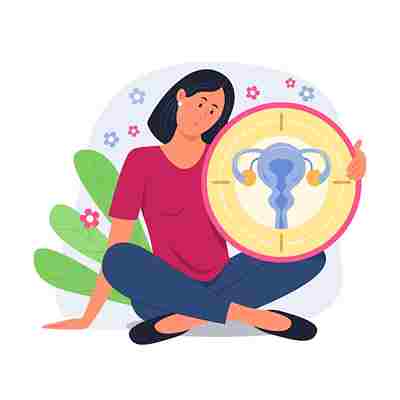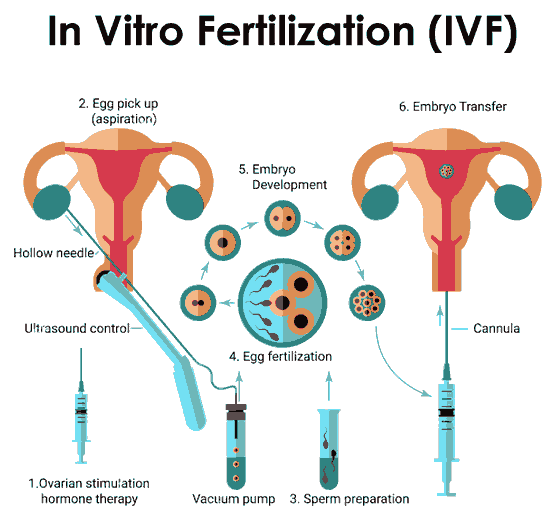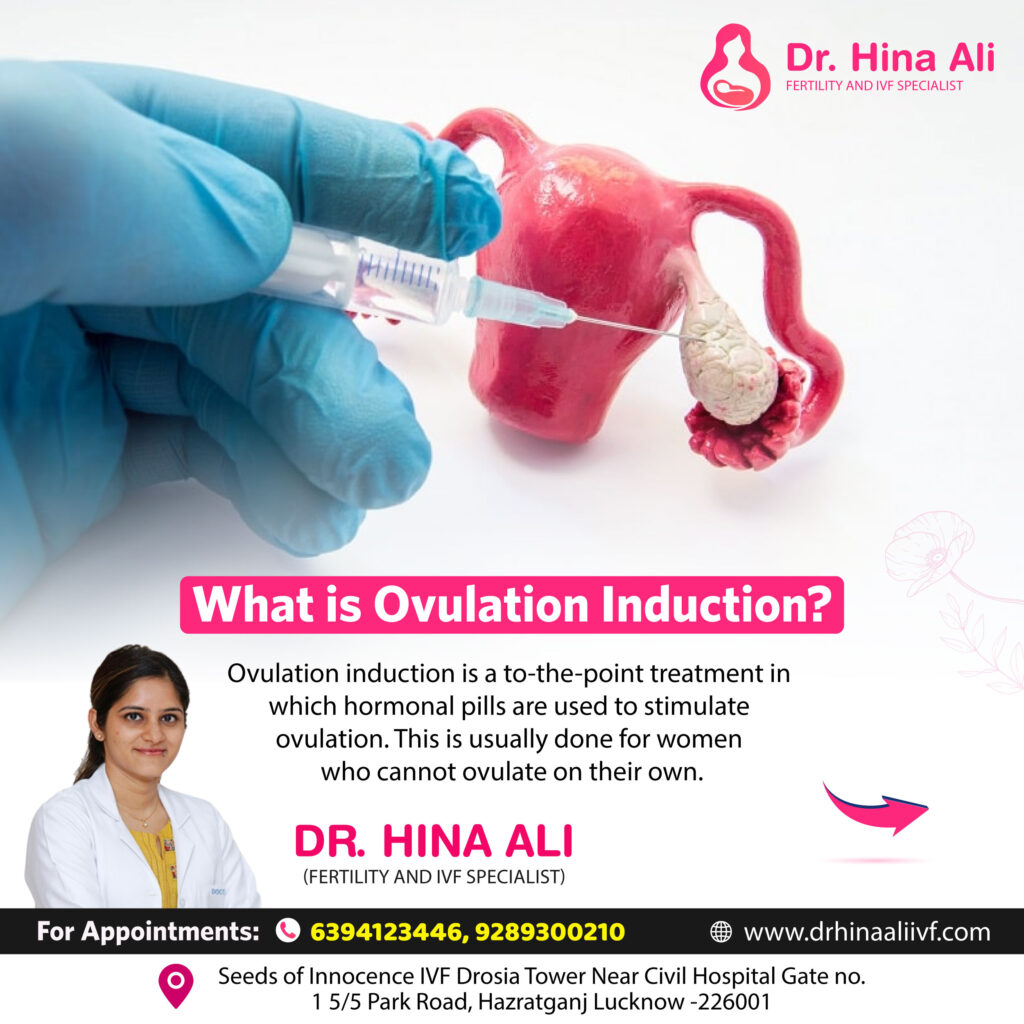
Understanding Low AMH Levels: Implications for Fertility and Treatment Options
AMH levels can help doctors identify fertility issues and one’s response to fertility treatments. In this blog, we are going to discuss how low AMH levels can impact fertility and what are the treatment options. Go through this article that can help you if you’re going through fertility problems.
What are AMH levels?

Anti Mullerian Hormone or AMH level is the level to assess the women’s ovarian reserve. At the time of the birth, females are born with a definite number of eggs and as they age the number of eggs decreases. AMH levels are the indicator of the number of eggs remaining in the women’s ovaries. Low or high anti-mullerian hormone levels can also help detect the possibility of becoming pregnant. A low Anti Mullerian Hormone (AMH) level means a person is having lesser number of eggs whereas a high AMH level indicates a high number of egg availability and a greater chance of fertility.
How a Low AMH level is related to infertility?
If a woman has low AMH levels, it means there is less ovarian reserve (low egg count), and can become harder to conceive. It also indicates that you are heading towards menopause. If you’re experiencing symptoms such as shorter cycles, irregular menstruation, and premature menopause you may be at risk of low AMH levels. You can also get an AMH blood test to know your level.
What are the causes of low AMH levels?
Various reasons can lead to low anti-mullerian hormone levels and that include the following.
- Age
Ageing is a major factor that leads to low AMH levels. Every female has a finite number of eggs in their ovaries at the time of birth, and when they reach the stage of puberty these eggs begin to mature during each menstrual cycle. This process is carried out every month until the menopause. Therefore, as the women get older the egg count naturally diminishes which leads to low levels of anti-mullerian hormone.
- Unhealthy diet

An unhealthy diet can also lead to a low level of anti-mullerian hormone. For healthy AMH levels, you should not include processed and fatty foods in your diet.
- Autoimmune disorders
Certain autoimmune disorders like autoimmune ovarian insufficiency can lead to diminished ovarian reserve and low AMH levels.
- Stress
Stress impacts the reproductive hormone in a negative way as it can affect ovarian function and AMH levels too.
Treatments for Low AMH levels
Various treatment options for low anti-mullerian hormone levels aim to improve the chance of having a successful pregnancy.
- IVF

In vitro fertilization or IVF is an assisted reproductive technology that is widely used for stimulating the ovaries to produce multiple eggs. IVF is the best option for women dealing with low anti-mullerian levels and who want to conceive.

It is a medical treatment that uses hormonal therapy to stimulate egg production and initiates ovaries to release one or more eggs from the ovaries.
- Natural Approach
Natural approaches that can balance the levels of anti-mullerian hormone in the female body include yoga, meditation, and a healthy diet. These practices can contribute to overall reproductive health, and also increase the chances of fertility.
CONCLUSION
Low anti-mullerian hormone levels do not mean you are infertile; however, it is an indicator that your egg count is low and you have fewer eggs in the ovaries which can lead to a lower chance of fertility.
It can be caused by various factors such as ageing, lifestyle habits, and genetic factors. There is nothing to worry about if you have low AMH levels as there are various treatment options that can help you in getting pregnant. Some of the treatment approaches include a healthy diet, exercise, practising yoga, ovulation induction, and IVF. These options focus on enhancing fertility and treating underlying causes.